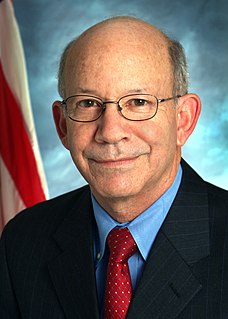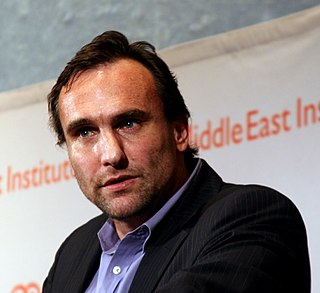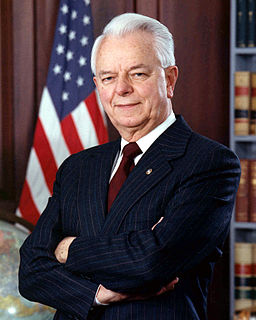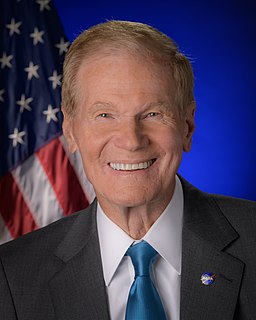A Quote by Peter Bergen
If you don't understand what al Qaeda was trying to do on 9/11, if you don't have a sense of who Osama bin Laden is as a person, if you don't have a sense of what al Qaeda, the organization, was on 9/11, 9/11 appears to be more or less inexplicable.
Related Quotes
I think, in fact, the situation with respect to al Qaeda, to say that, you know, that was a big attack we had on 9/11, but it's not likely again, I just think that's dead wrong. I think the biggest strategic threat the United States faces today is the possibility of another 9/11 with a nuclear weapon or a biological agent of some kind. And I think al Qaeda is out there even as we meet, trying to figure out how to do that.
Four years ago, I promised to end the war in Iraq. We did. I promised to refocus on the terrorists who actually attacked us on 9/11. We have. We've blunted the Taliban's momentum in Afghanistan, and in 2014, our longest war will be over. A new tower rises above the New York skyline, al Qaeda is on the path to defeat, and Osama bin Laden is dead.
What made al-Awlaki so influential is that, unlike a number of leaders of al Qaeda such as Osama bin Laden, he was a cleric, so he could present himself as a leading religious figure. Second, because al-Awlaki had spent much of his adult life in the States, he communicated with his followers in colloquial, accessible American English.




























